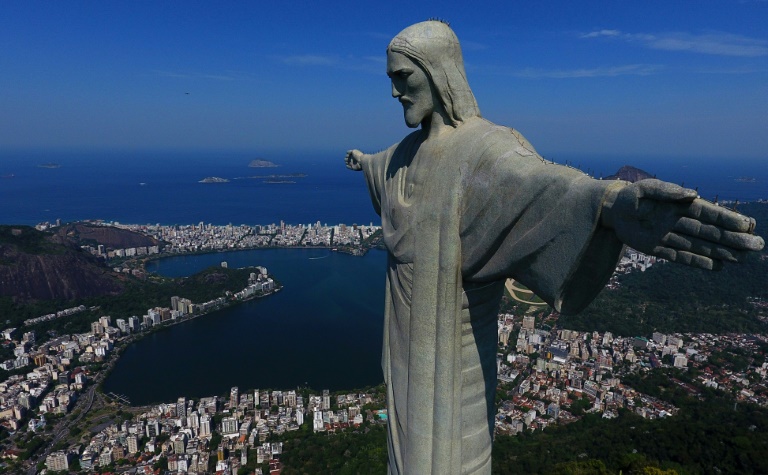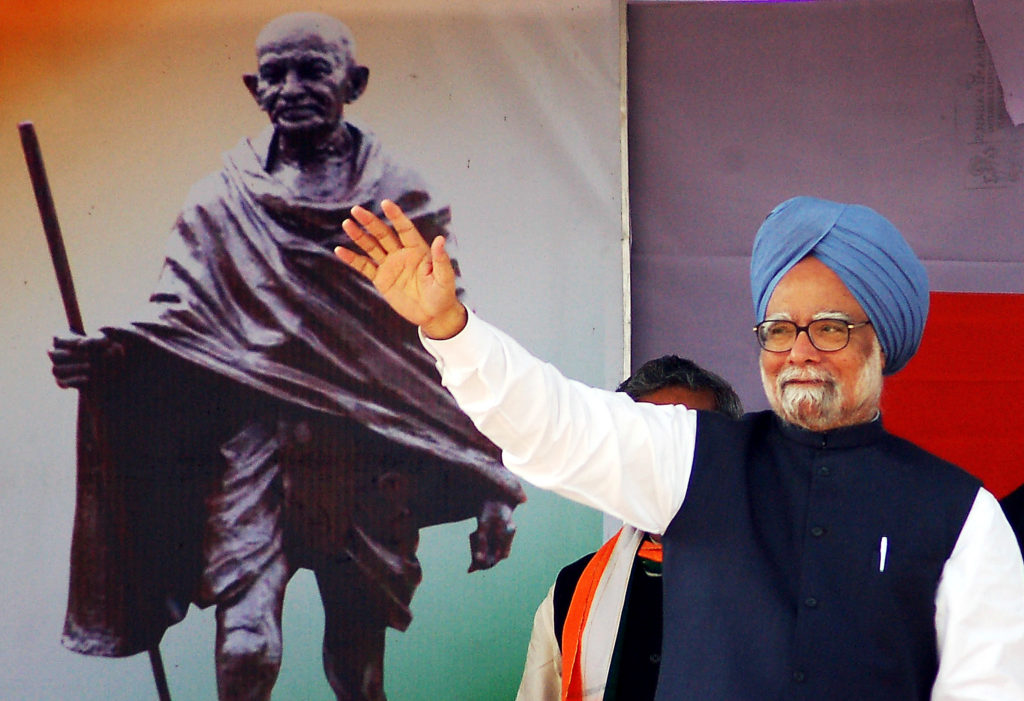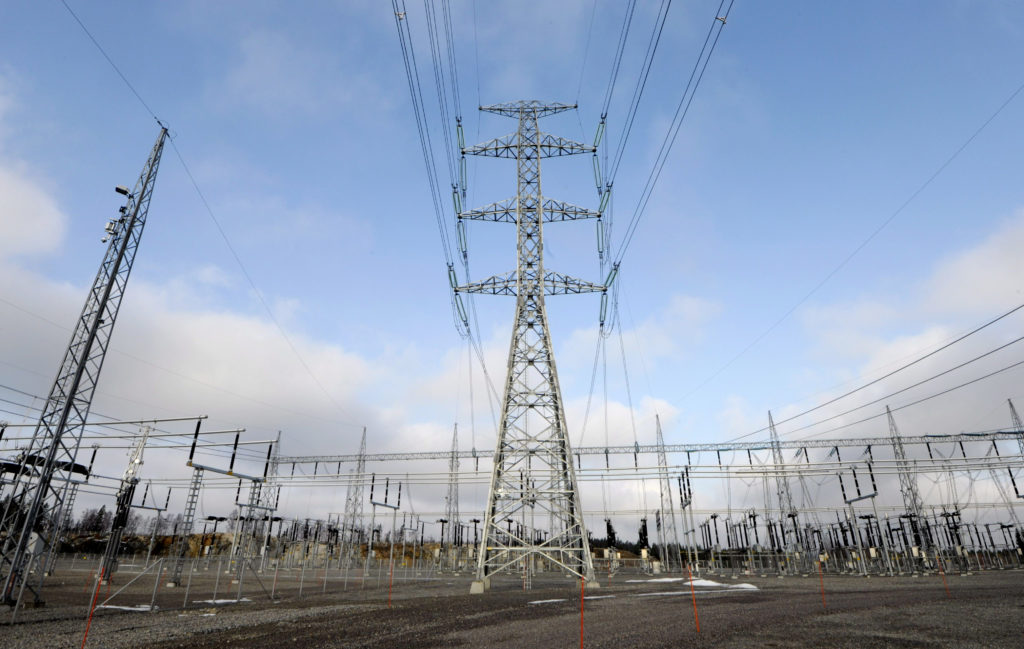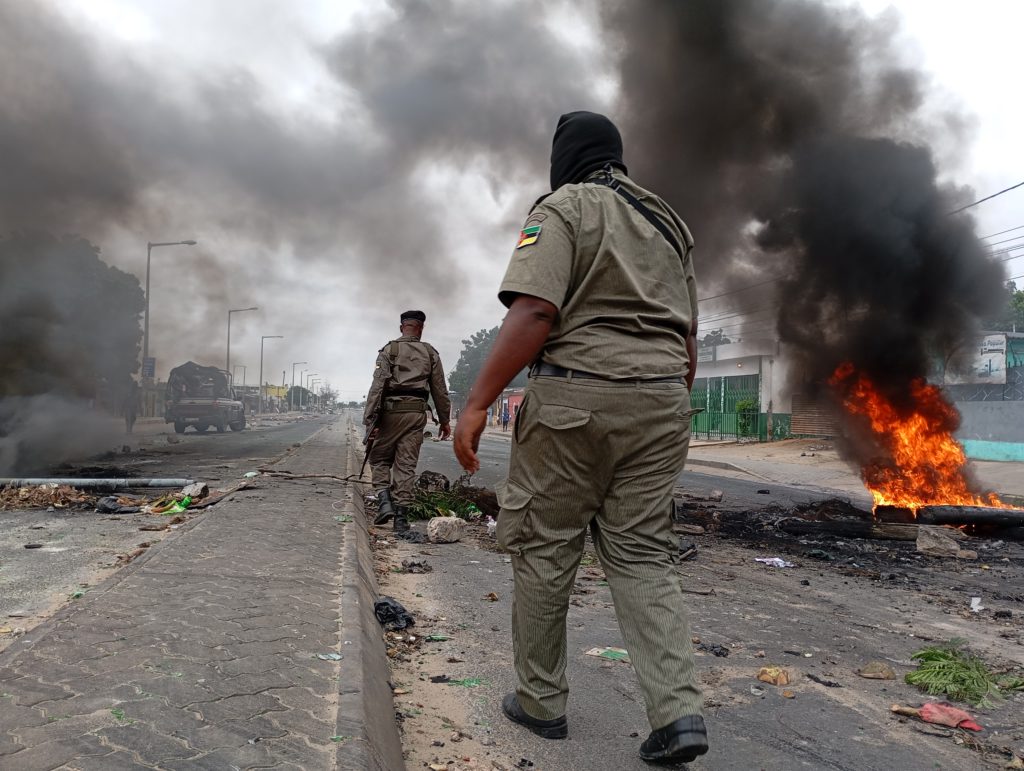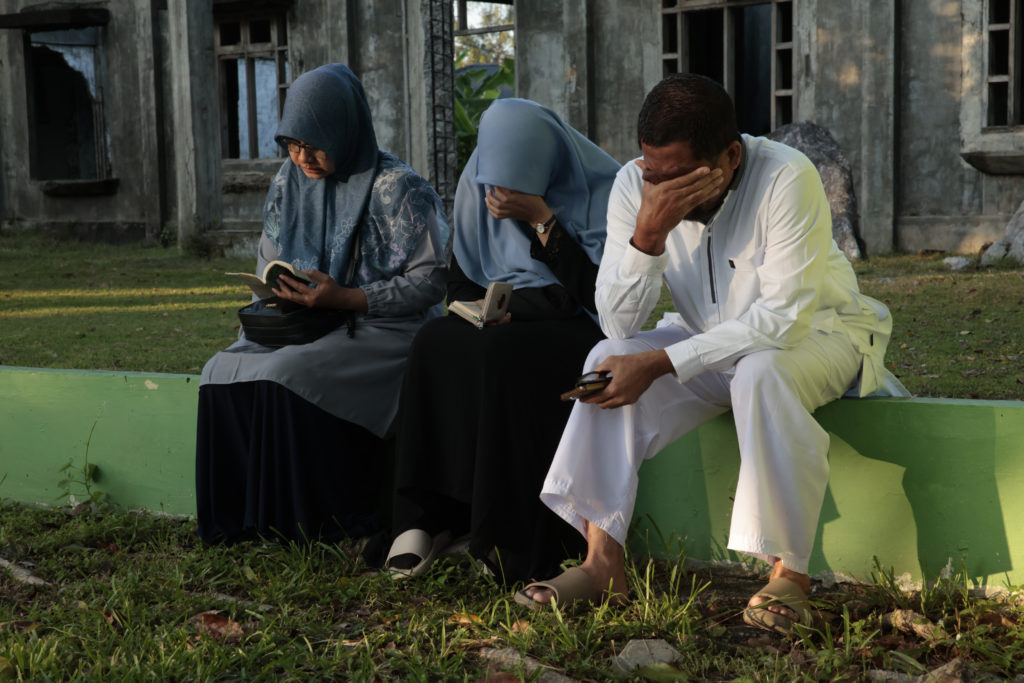Accessing Rio de Janeiro’s tourist sites became conditional Wednesday on presentation of a coronavirus vaccine certificate, as authorities seek to encourage people to get their shots.
The requirement also applies for access to other public spaces such as cinemas, theaters, gyms, museums, sports stadiums and conference venues, but not restaurants, bars or shopping malls.
Foreign visitors are allowed to present an international health pass.
On Wednesday morning, the queue for the cable car to the top of the iconic Sugarloaf Mountain advanced without incident, with most visitors clutching paper or mobile phone app versions of their vaccine records.
The move, Rio mayor Eduardo Paes said Tuesday, was “important for the city to be able to return to normal, for people to be able to frequent public places again.”
Earlier, he had said: “We’re going to make things difficult for those who don’t want to be vaccinated… It’s inconceivable for people who think they’re protected without the vaccine to have normal lives. They won’t.”
Rio, a city of 6.8 million people famous for its beautiful beaches and breathtaking views, has seen a surge of coronavirus infections recently because of the Delta variant.
The city has registered more than 30,000 Covid-19 deaths.
Rio is betting on widespread vaccination to bring back beloved events such as its annual carnival, the world’s largest, which had to be canceled this year because of the pandemic.
Brazil, a country of 213 million people, has registered more than 587,000 Covid-19 deaths, a toll second only to the United States.
Rio has a reported coronavirus death rate of 439 per 100,000 inhabitants — much higher than the national average of 280.
On Wednesday evening, the 78,000-seater Maracana Stadium will receive 20,000 people for a Brazil Cup quarter-final match between Flamengo and Gremio in a “test” event after many months of fanless matches.
A vaccine certificate was required for ticket purchases.
Brazil had a late start with coronavirus vaccination but is now the country with the fourth-most doses administered.
Nearly two-thirds of the population have received at least one vaccine dose, and 35 percent are fully immunized — in Rio, it is nearly 50 percent.
Sao Paulo, Brazil’s largest metropolitan area, already has a vaccine requirement in place since September 1.
Rio was also meant to implement the requirement on that date, but postponed it by two weeks due to technical problems with issuing the health passes.

